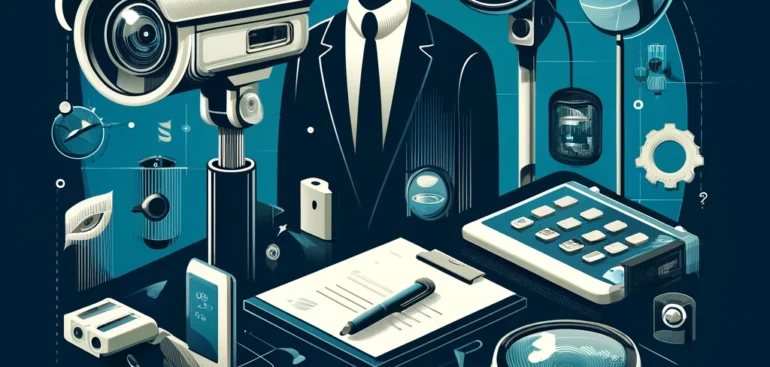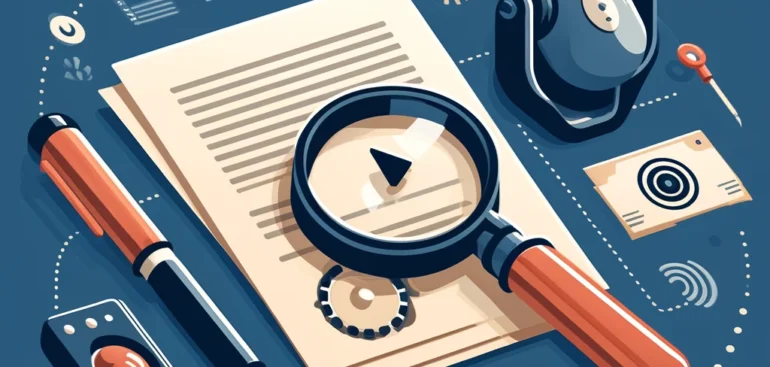In the shadowy world of private investigations, surveillance and intelligence gathering are indispensable tools for uncovering the truth and protecting interests. At Chippewa Investigations, we excel in the art of discreet observation, utilizing advanced technology and proven techniques to gather crucial information for our clients.
Surveillance, whether stationary or mobile, is a critical component of our investigative arsenal. Our team employs state-of-the-art equipment, including CCTV cameras, hidden recording devices, and GPS trackers, to monitor subjects and collect evidence without detection. This evidence can be instrumental in legal cases, corporate investigations, and personal matters.
Intelligence gathering extends beyond mere observation. It involves the strategic collection and analysis of information from various sources. Our investigators are adept at sifting through digital footprints, social media, public records, and other repositories to piece together a comprehensive picture of the subject’s activities and associations.
The ethical considerations surrounding surveillance and intelligence gathering are paramount. We operate within the bounds of the law, respecting privacy rights and ensuring that our methods are both legal and ethical. Our clients can trust that the information we provide is obtained with integrity and can withstand legal scrutiny.
In an era where information is power, our surveillance and intelligence gathering services offer our clients a competitive edge. Whether it’s tracking a cheating spouse, uncovering corporate espionage, or gathering evidence for a legal dispute, our team is equipped to handle the complexities of modern surveillance with precision and professionalism.
In conclusion, surveillance and intelligence gathering are crucial components of effective private investigations. At Chippewa Investigations, we pride ourselves on our ability to provide discreet, accurate, and timely information to our clients, empowering them to make informed decisions and protect their interests.



